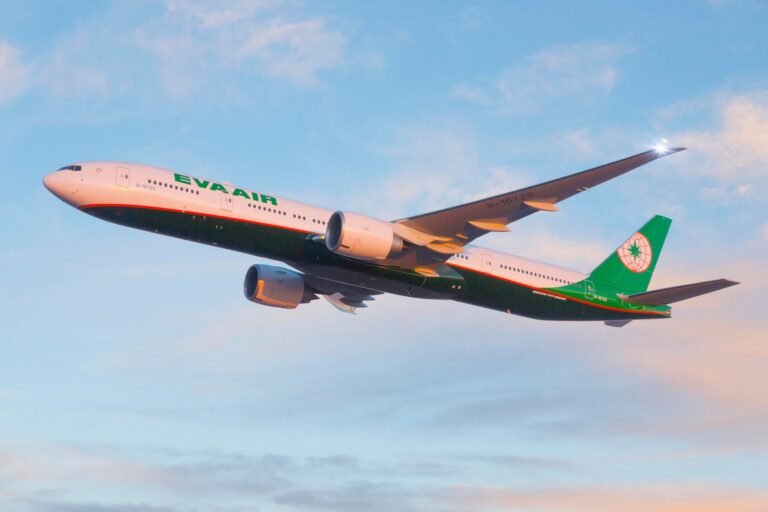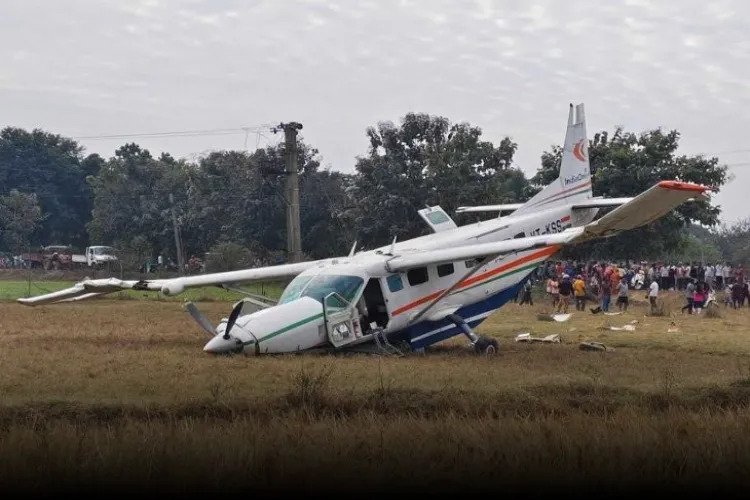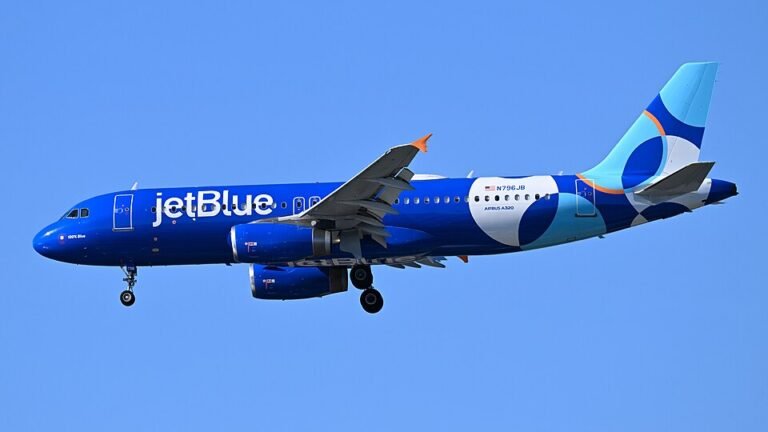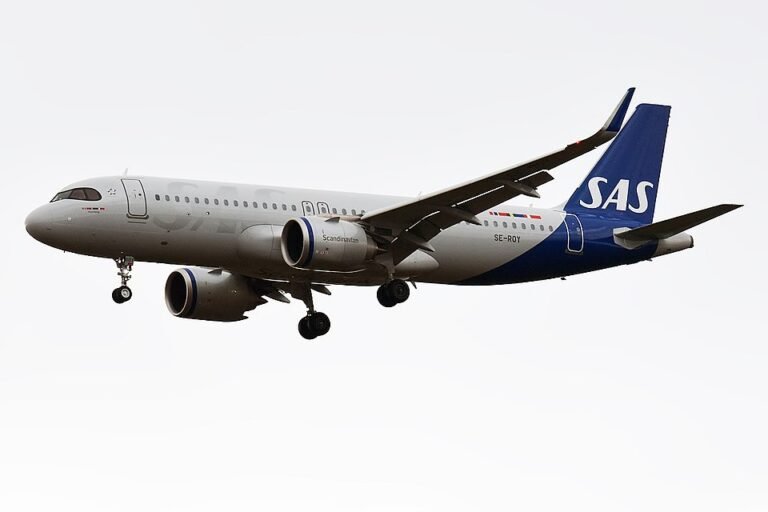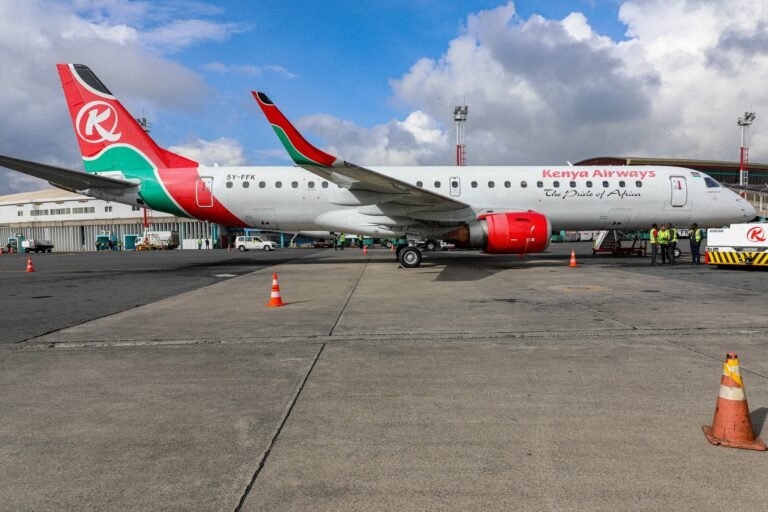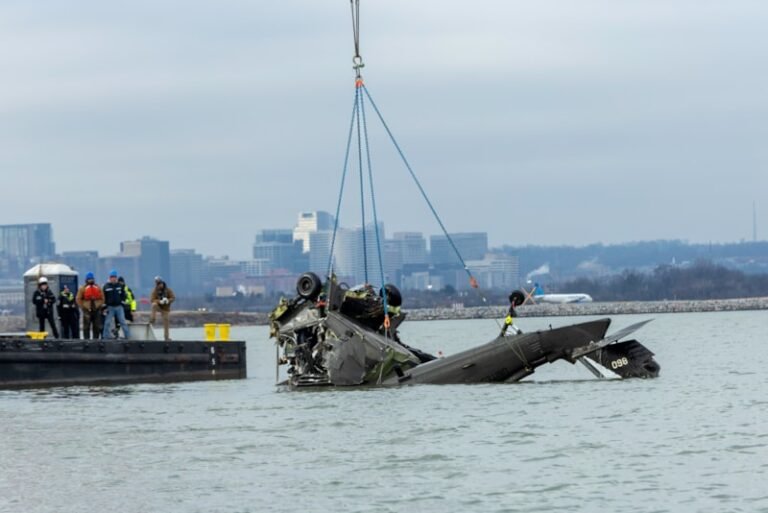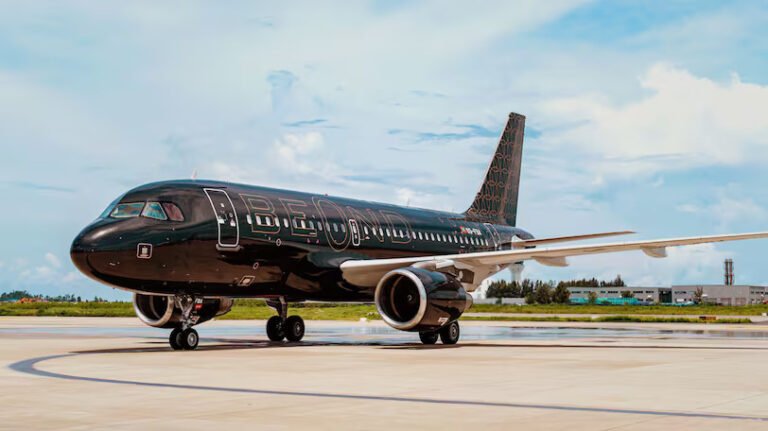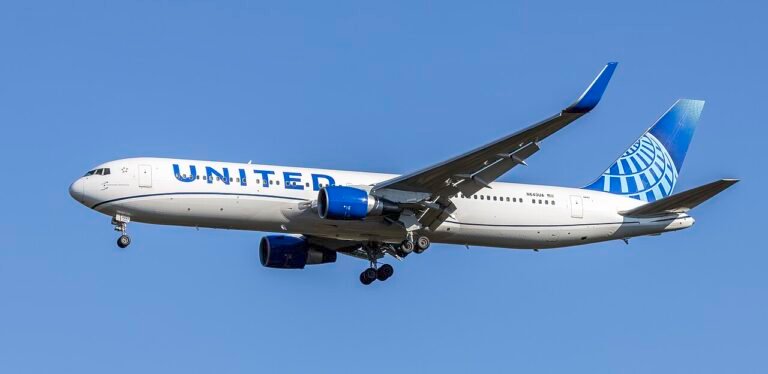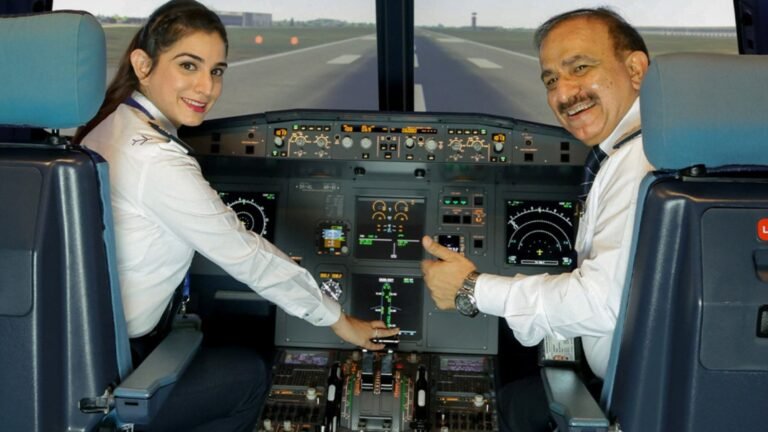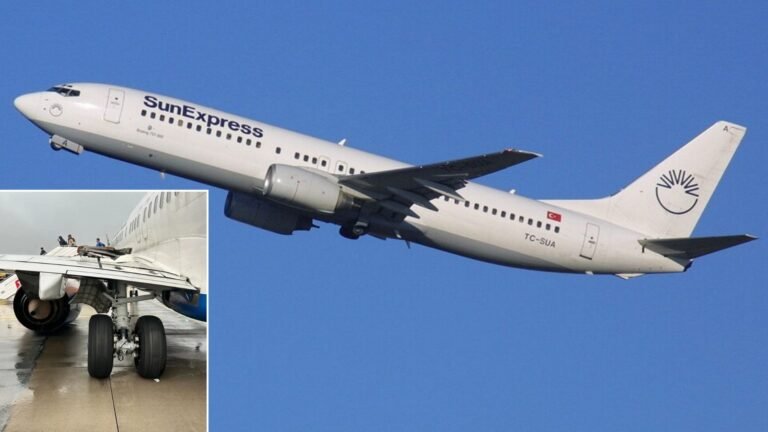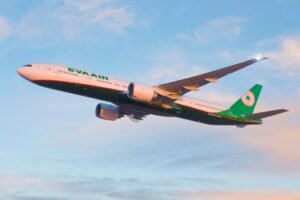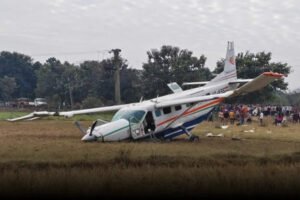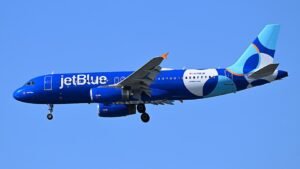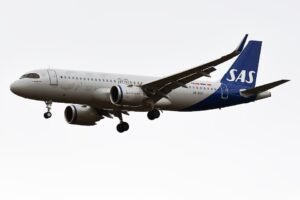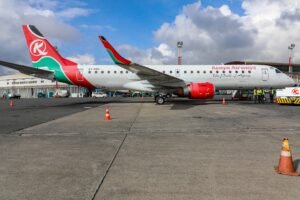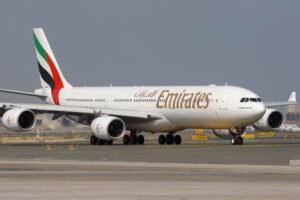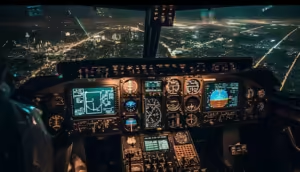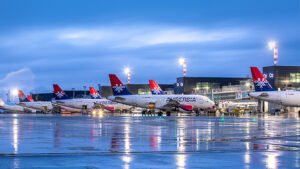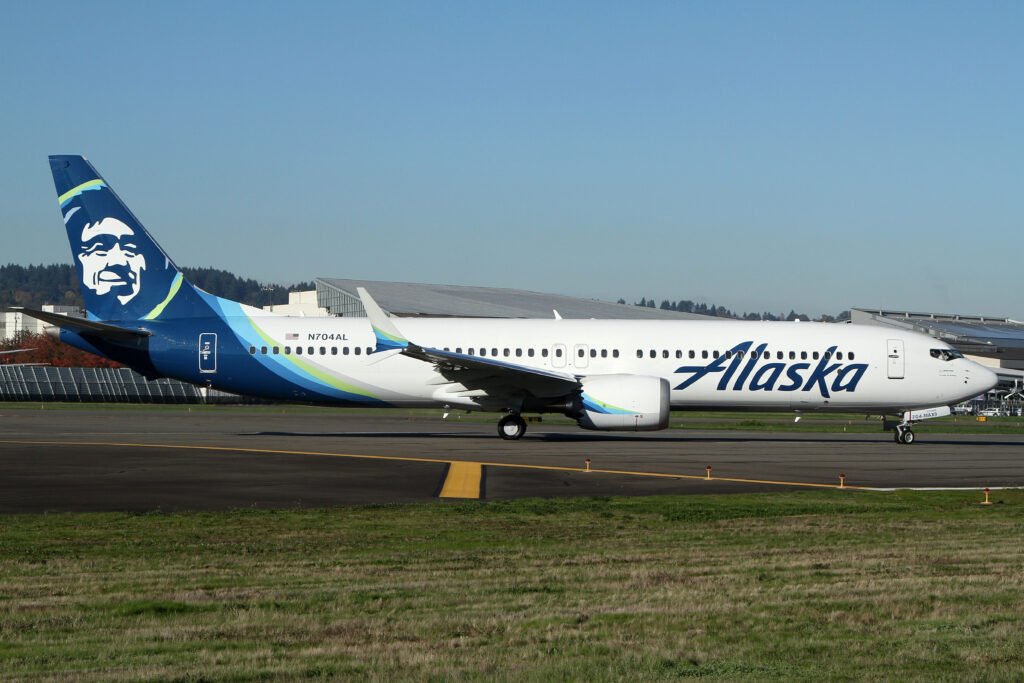
Washington, United States: The U.S. The Federal Aviation Administration (FAA) has proposed a civil penalty of $3.1 million against Boeing for what it described as “widespread quality system violations” linked to the company’s 737 production line.
The enforcement action covers violations identified between September 2023 and February 2024 at Boeing’s Renton, Washington facility and at Spirit AeroSystems’ plant in Wichita, Kansas. According to the FAA, Boeing presented two aircraft as airworthy for certification even though they did not meet all applicable safety requirements, and in some cases pressured employees to approve work to meet production deadlines.
“The safety of the flying public is our top priority, and we will hold Boeing accountable for meeting regulatory standards,” the FAA said in a statement, noting that Boeing has 30 days to respond to the proposed penalty.
The proposed fine comes months after a highly publicized incident in January 2024 when a door plug panel blew off an Alaska Airlines 737 MAX 9 shortly after takeoff, forcing an emergency landing. One flight attendant and 7 passengers received minor injuries, the captain, the first officer, 3 flight attendants, and 164 passengers were uninjured and the airplane sustained substantial damage. The event triggered a temporary grounding of MAX 9 jets and intensified scrutiny of Boeing’s quality control processes.
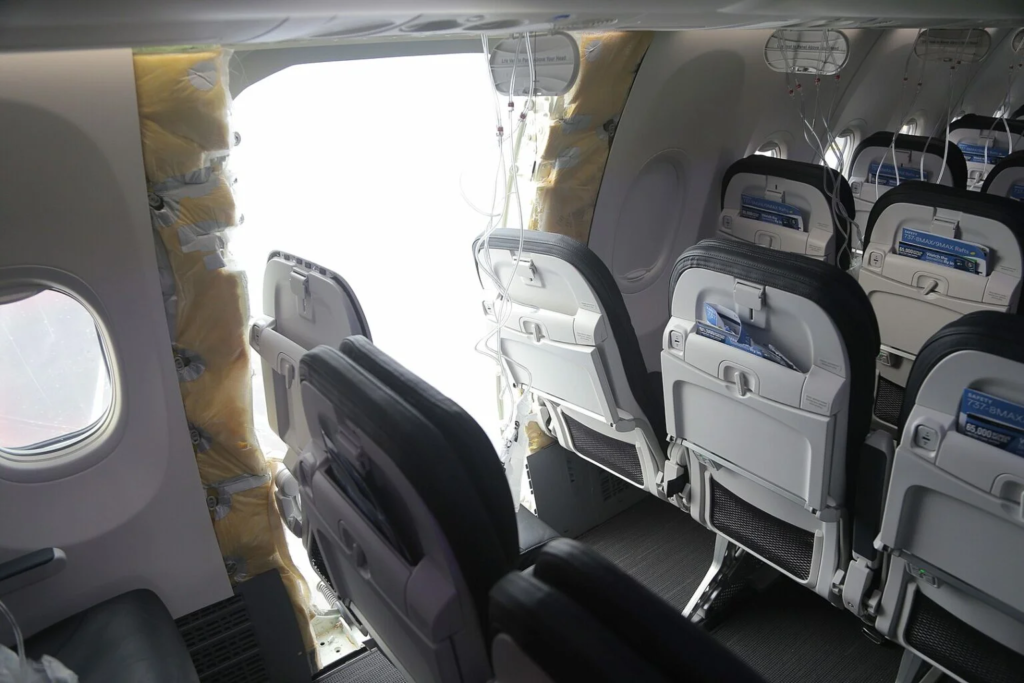
A detailed FAA investigation uncovered hundreds of quality lapses, including incomplete documentation, improper inspections, and non-compliant parts. The agency also flagged systemic problems within Boeing’s Organization Designation Authorization (ODA) program, which allows company employees to perform certain certification tasks on behalf of the FAA.
Boeing, in its response, said it is reviewing the FAA’s notice and reaffirmed its commitment to strengthening quality oversight, “We have implemented a comprehensive safety and quality improvement plan, including expanded employee training and enhanced supplier oversight,” a Boeing spokesperson said, adding that the company will continue cooperating with regulators. Boeing has until mid-October to formally respond, after which the FAA could negotiate a settlement or pursue enforcement proceedings.
Alongside the regulatory action the FAA has approved Type Inspection Authorization (TIA) Phase 2D for Boeing’s 777-9 model, advancing the aircraft’s certification process. This phase includes community noise tests to be carried out in Glasgow, Montana.
So far, the 777X test fleet (including the 777-9) has logged over 1,500 flights and nearly 4,200 flight hours. The next major step TIA Phase 3 will include evaluations of the auxiliary power unit (APU) performance and overall stability, although a start date for Phase 3 has not yet been announced. The 777-9 is currently expected to be delivered first to Lufthansa in mid-2026.

